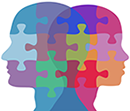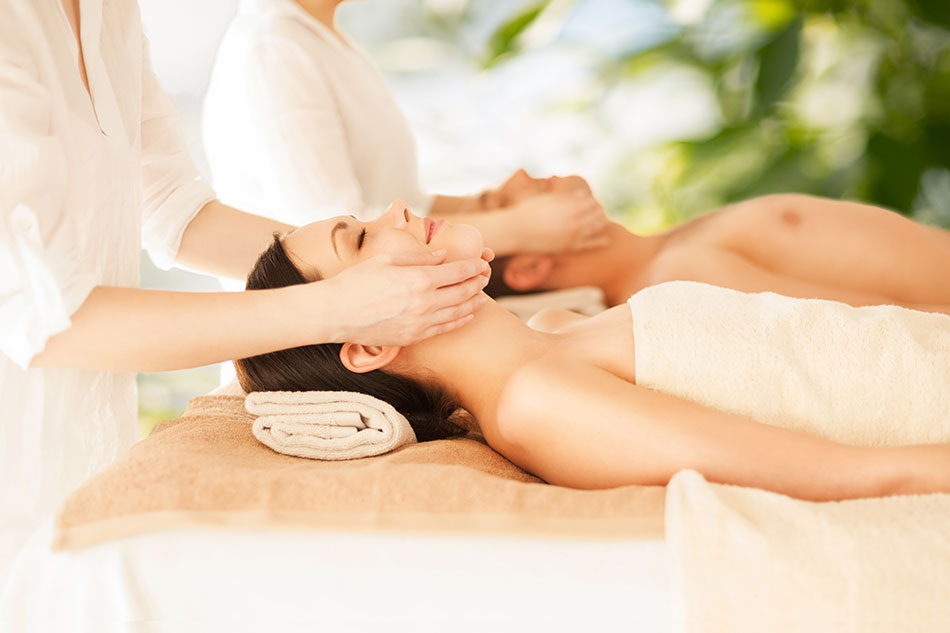In complementary and alternative medicine (CAM), bodywork is defined as any therapeutic or personal development technique that involves working with the human body using manipulative therapy.
The better known forms of bodywork are massage, acupuncture, chiropractic, and reflexology. There are also methods that use a lighter touch (as opposed to tissue work) to retrain movement patterns or shift awareness of the body.
The most well known form of bodywork is probably deep tissue massage therapy; so much so that the terms massage and bodywork are often used interchangeably. While bodywork includes all forms of massage techniques, it also includes many other types of touch therapies.
CAM bodywork methods are used for both medical and mental health problems. According to a survey of U.S. adults published in 2015 in the National Center for Health Statistics Report, the following forms of bodywork were used by respondents over the previous year:
- Massage therapy was used by 6.9%
- Chiropractic was used by 8.4%
- Acupuncture was used by 1.5%
Most types of bodywork share similar goals, such as relief from pain, improved physical functioning, more freedom of movement, a balanced mind, and a heightened sense of body awareness, vitality and well-being. They also stress active participation in health and wellness.
People frequently turn to regular massage and bodywork because of chronic pain. Sometimes it takes a variety of bodywork methods and practitioners to create lasting change. One practitioner or method might take a person to a certain point and then it’s time to try someone or something else.
Massage for Anxiety
In the case of treating anxiety with bodywork, it can take years, even a lifetime of regular care, to fully achieve and maintain the benefits. For example, getting a massage at a resort once or twice a year may be relaxing, but it’s probably not going to undo stress and anxiety that’s built up over time. The same is true of other bodywork modalities, such as acupuncture and chiropractic care. With regular care, these methods can play an important role in managing anxiety. The following are bodywork methods that have show efficacy in helping people in the treatment of anxiety.
Bodywork and massage are beneficial treatments for emotional health as well as pain and tension. Regular sessions have been shown to improve mood in as little as 15 minutes and are a remarkable way to treat stress and anxiety.
The emotional benefits of bodywork begin with relaxation and a sense of peace. From the first moments you begin to relax, your body begins to cue your nervous system that you’re in a safe place. Your heartbeat slows, your breathing deepens and your stress hormone levels begin to drop. As the treatment continues, the relaxation response kicks in and anxiety melts away.
Receiving regular bodywork allows the treatments to build on each other so that sometimes just walking into the treatment room can begin the cascade of positive emotions and biological responses. Regular treatments are especially effective for anxiety, as they release endorphins like serotonin and dopamine and reduce stress hormone levels, which helps to improve mood and modulate stress.
Bodywork can also help release emotional trauma that has been stored in the body as tension. It can the perfect complement to other therapies, supporting the work of psychotherapy, mindfulness, and other treatments that work to heal emotional trauma and support an overall sense of well-being.
References
Birocco N, Guillame C, Storto S, Ritorto G, Catino C, Gir N. The effects of Reiki Therapy on Pain and Anxiety in Patients Attending a Day Oncology and Infusion Services Unit. J Palliat Med. 2012;29(4):290–294.
Díaz-Rodríguez L, Arroyo-Morales M, Fernández-de-las-Peñas C, García-Lafuente F, García-Royo C, Tomás-Rojas I. Immediate Effects of Reiki on Heart Rate Variability, Cortisol Levels, and Body Temperature in Health Care Professionals With Burnout. Biol Res Nurs. 2011;13(4):376–382.
Bukowski EL. The use of self-Reiki for stress reduction and relaxation. J Integr Med. 2015;13(5):336–340.
Lee MS, Pittler MH, Ernst E. Effects of reiki in clinical practice: a systematic review of randomised clinical trials. Int J Clin Pract. 2008;62(6):947–954.
Mohaddes Ardabili, F., Purhajari, S., Najafi Ghezeljeh, T., Haghani, H. The effect of shiatsu massage on underlying anxiety in burn patients. World J Plast Surg. 2015;4:36–39.
Salehzadeh, H., Najafi-Ghezeljeh, T., Rafii, F. Comparing the effects of Swedish massage and patients preferred music on anxiety and fatigue in patients with chronic heart failure. [Unpublished Master of Science thesis in Nursing]. Tehran University of Medical Sciences, Tehran, Iran; 2014.

About This Excerpt
The above excerpt is reprinted from Dr. Randi Fredricks’ book Complementary and Alternative Treatments for Anxiety. No part of this article may be reproduced in any form or by any electronic or mechanical means, including information storage and retrieval systems.
Disclaimer: This article is not intended to provide medical advice, diagnosis or treatment. Views expressed here do not necessarily reflect those of Dr. Randi Fredricks as articles often present the published results of the research of other professionals. Copyright © 2020.
